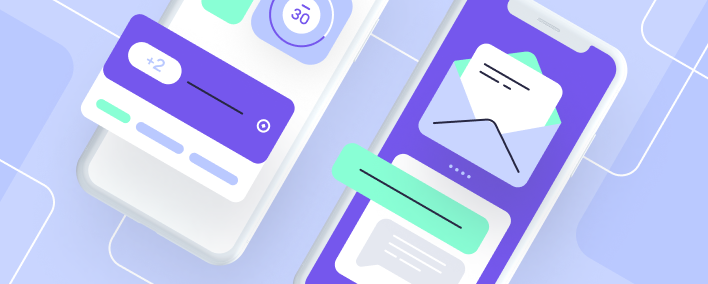Written by
Aleksei Protopopov has over 10 years of experience in mobile marketing and mobile app promotion. Throughout his career, he has overseen the development of several technological products that have helped users get up-to-date, transparent data when working with new traffic sources and understand better the behavior of mobile application users.

















